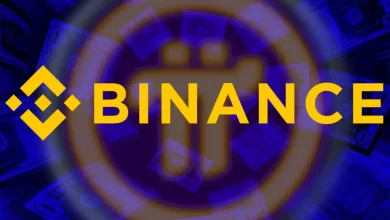
India is actively developing a regulatory framework for cryptocurrencies, focusing on investor protection and international cooperation.
Key existing regulations include the Prevention of Money Laundering Act, Income Tax Act, and other relevant legislation.
India played a significant role in advancing global crypto regulation during its G20 presidency.
India is making significant strides in regulating cryptocurrencies, working to create a clear framework for Virtual Digital Assets (VDAs). Recent government discussions highlight the need to balance innovation with investor protection while addressing the global nature of cryptocurrencies. The goal is to create a regulatory system that works both locally and internationally.
Creating a Global Approach to VDAs
India is focused on building a strong regulatory structure for VDAs with a special emphasis on international cooperation. This approach aims to prevent regulatory gaps and ensure that countries are aligned in how they handle digital assets.
Given that VDAs operate beyond national borders, officials have pointed out that effective regulation requires global collaboration.
Key Regulatory Measures Already in Place
India has already introduced key regulations to govern VDAs:
- Anti-Money Laundering: VDAs have been governed under the Prevention of Money Laundering Act (PMLA) since March 2023.
- Taxation: Income from VDAs is taxable under the Income Tax Act, of 1961.
- Additional Oversight: Activities involving VDAs are also regulated under the Information Technology Act, of 2000, and the Companies Act, of 2013.
Adding clarity to the tax treatment of cryptocurrencies, the Income Tax Appellate Tribunal (ITAT) in Jodhpur recently ruled that cryptocurrencies are considered capital assets. This decision means profits from cryptocurrency sales should be taxed as capital gains rather than income from other sources.
The ruling is particularly significant for transactions conducted before the government introduced specific regulations for VDAs in 2022.
Global Leadership Through the G20
During its G20 presidency in 2023, India played a pivotal role in advancing international crypto regulations. The adoption of the IMF-FSB Synthesis Paper and the G20 Roadmap on Crypto Assets provided a global blueprint for crypto governance.
The government plans to release a discussion paper to outline its approach to crypto regulations and seek feedback from stakeholders. While no timeline has been confirmed, this step could help refine the regulatory landscape.
Challenges Ahead!
India faces unique challenges in regulating VDAs, given their global nature. The government is working to protect its economy and financial stability while encouraging innovation in blockchain and cryptocurrency technology.
Never Miss a Beat in the Crypto World!
Stay ahead with breaking news, expert analysis, and real-time updates on the latest trends in Bitcoin, altcoins, DeFi, NFTs, and more.
By combining domestic efforts with international cooperation, India is building a foundation for a secure and innovative future in digital assets.








